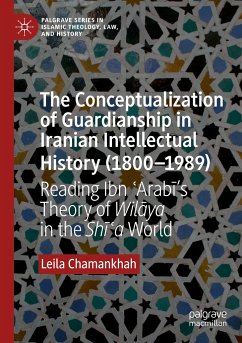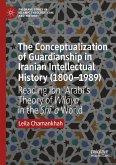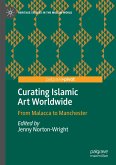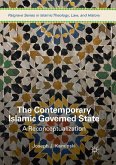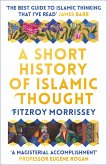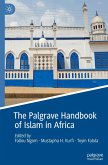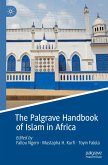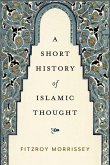This book is a study of the concept of wilaya and its developments among Shii scholars from the eighteenth to twentieth century. Leila Chamankhah addresses a number of issues by delving into the conceptualizations of wilaya through the examination and interpretation of key texts. She focuses on the influence of ibn Arabi's mysticism, with regard to the conception of wilaya, on his Shia successors and expositors in later centuries. She also discusses the development and transformation of the conception of wilaya over two hundred years, from the esoteric school of Shaykhism to the politicization of wilaya in the theory of wilayat al-faqih.
"The book also offers an interesting account of the intellectual transformation of Ayatollah Khomeini ... . The methodology used in this scholarship is a fascinating approach ... . The book is overall well-organised and engages readers throughout with summaries and introductions in every chapter. It provides original and important texts on Akbarian mysticism and wilaya. More importantly, the book is a much-needed work of research into Shi'i intellectual history and provides an important analytical methodology to future researchers." (Jaffer Abbas Mirza, Journal of Shi'a Islmaic Studies, Vol. 13 (1), 2020)

